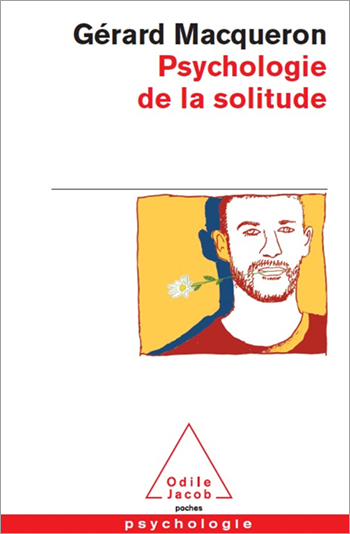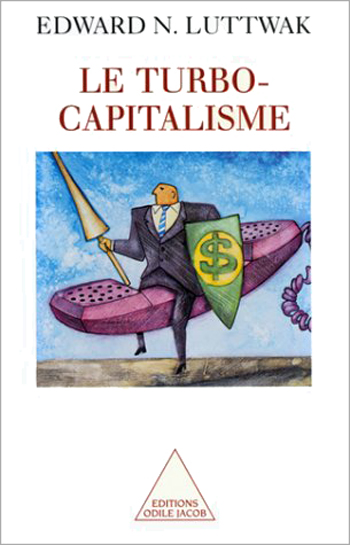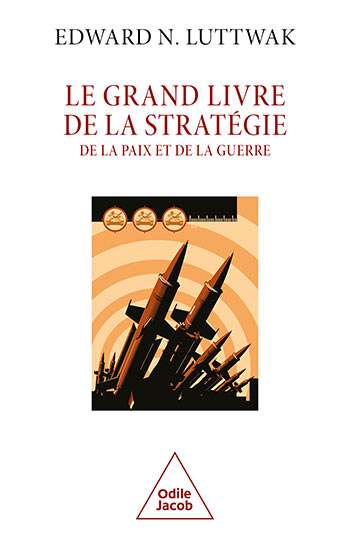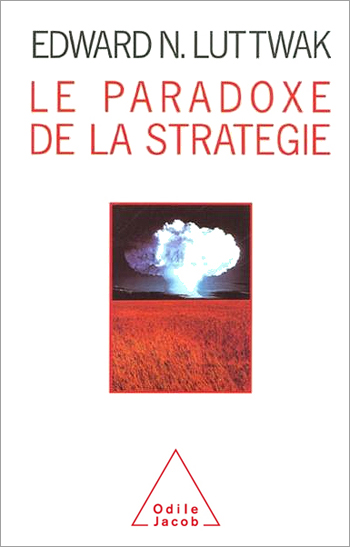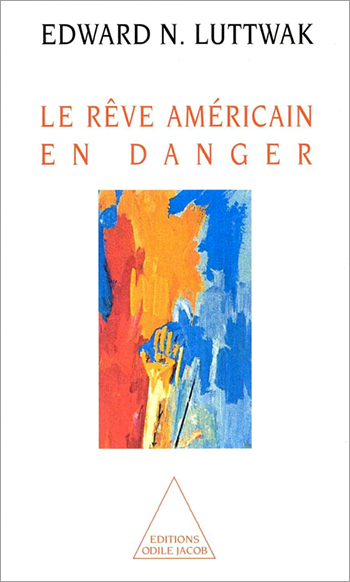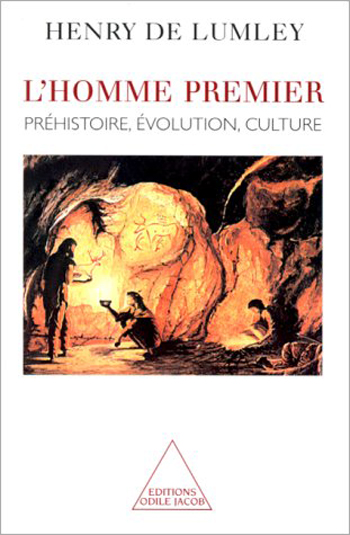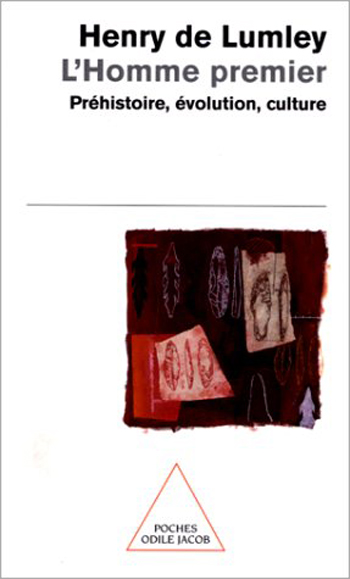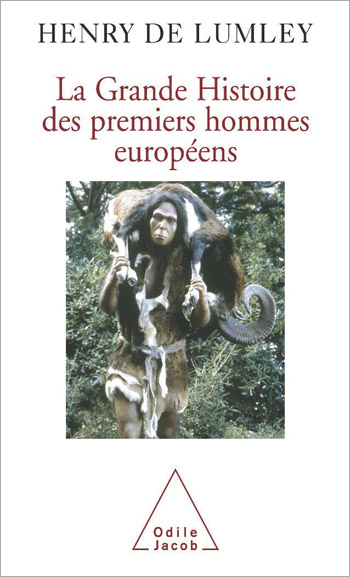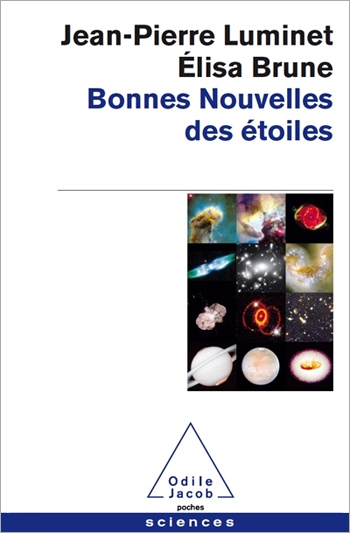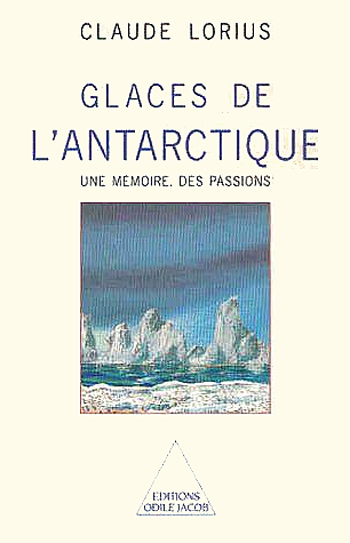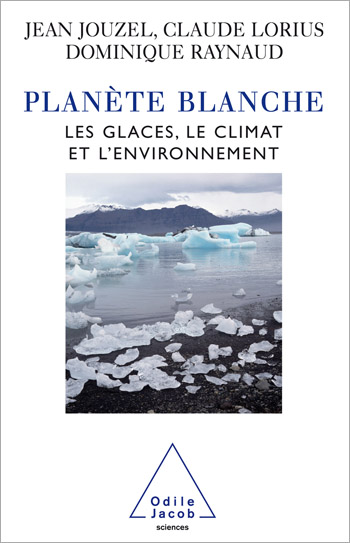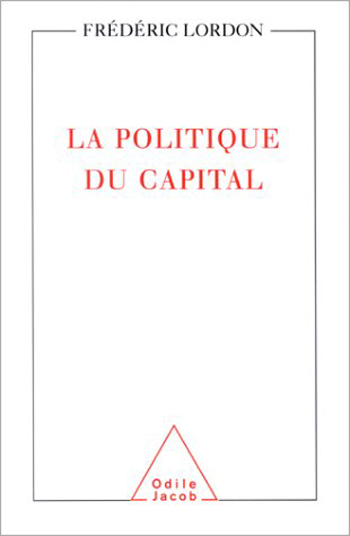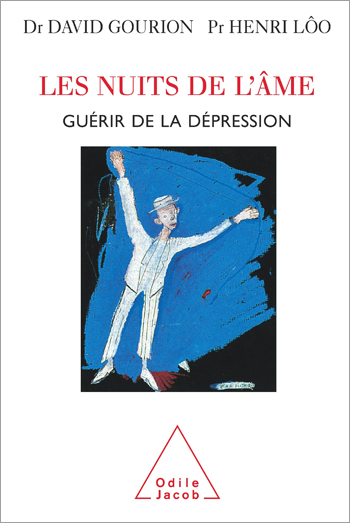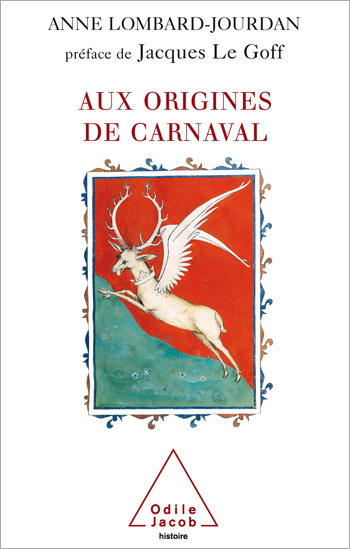Catalog All books
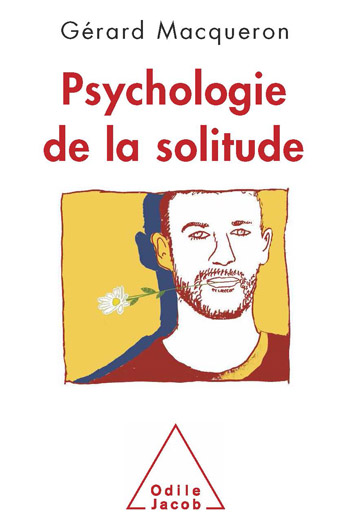
Gérard Macqueron
The Psychology of Solitude
Do you lack friends? Do you fail to establish satisfactory affective relations? Does intimacy perturb you? Are you bored? Do you have a feeling of emptiness, of uselessness? If the answer to these questions is yes, you may be suffering from intolerance to solitude

André Grimaldi, Didier Tabuteau, François Bourdillon, Frédéric Pierru, Olivier Lyon-Caen
Manifesto for Fair and Egalitarian Healthcare
In the run-up to the French presidential elections, two healthcare specialists denounce the constant and catastrophic deterioration of hospitals in France — and propose effective solutions

Olivier Lyon-Caen, Etienne Hirsch
Priority: The Brain From Findings to Treatments
This book advocates the development of a “Brain Programme” with a global approach toward the study and treatment of neurological pathologies, while appealing to public support, with firm political backing, in order to make the realisation of such a programme feasible.
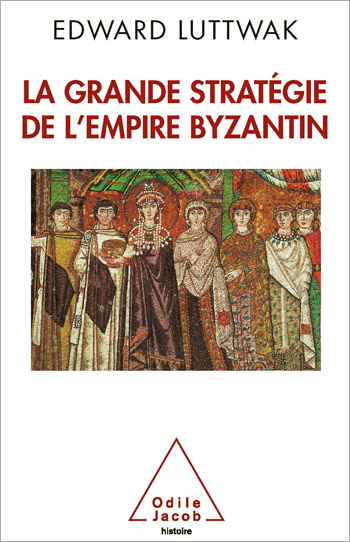
Edward N. Luttwak
The Grand Strategy of the Byzantine Empire
A highly enjoyable book for anyone wishing to delve into the complexities of the Byzantine Empire, from Antiquity to the Middle Ages.
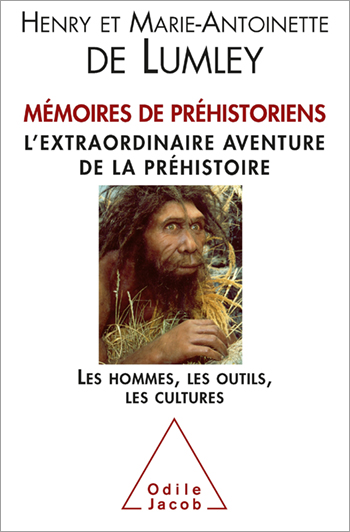
Henry de Lumley, Marie-Antoinette de Lumley
The Memoirs of Two Prehistorians
The epic story of Humankind, recounted by eminent prehistorians
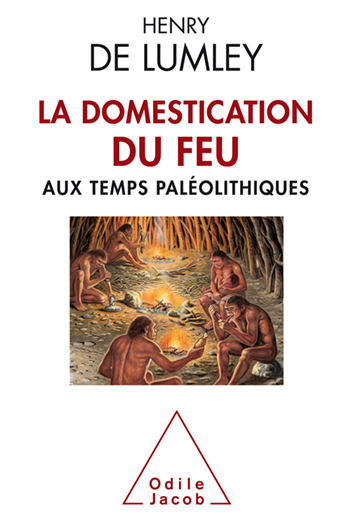
Henry de Lumley
The Domestication of Fire
A reference work, lavishly illustrated, on one of the most essential subjects in the history of mankind. The author is one of the greatest paleontologists of the time, and a passionate researcher. The domestication of fire is a subject of interest to a wide public.
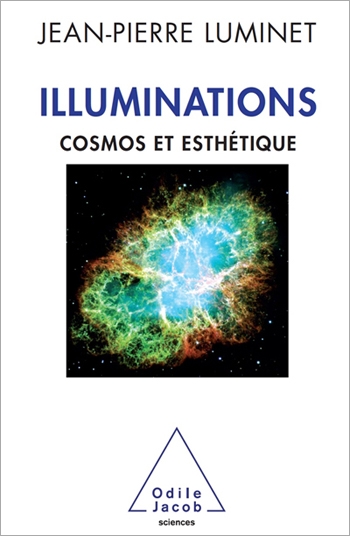
Jean-Pierre Luminet
Illuminations Cosmos And Design
An eminent scientist explains the Universe through a number of short stories, anecdotes and revelations while guiding us on a fascinating journey.
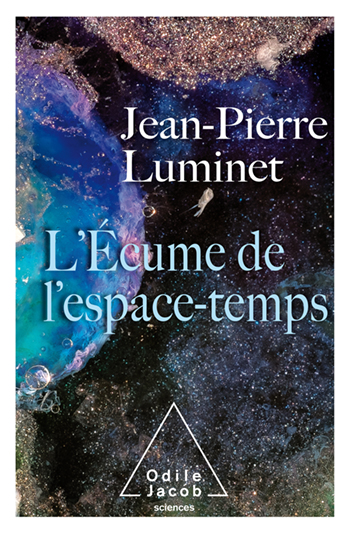
Jean-Pierre Luminet
The Froth of Space-Time The marvels of quantum gravity
The most abstract (and most recent) theories in physics and cosmology explained to all! No equations: only ideas and passion. A must for all science fans.
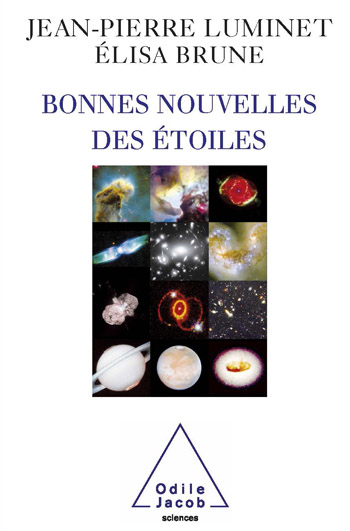
Jean-Pierre Luminet, Élisa Brune
Good News from the Stars
This book describes the current state of knowledge on astronomy, without taking the form of a science lesson.

John Lukacs
Five Days in London: May 1940
The days from 24 to 28 May 1940 significantly altered the course of the history of the past century. When German troops reached the Atlantic coast, the British counterattack resulted in the disaster of Dunkirk. Europe was on its knees. Britain seemed powerless. For several critical days, at 10 Downing Street, the British cabinet debated whether to negotiate or to continue the war against Hitler. And if the war was to be continued, how would it be fought? What hope was left? Lukacs takes us into the crucial unfolding of these five days that changed history. The events described here provide a lesson in courage as much as in politics. John Lukacs is a former professor of history at Chestnut College in Philadelphia.
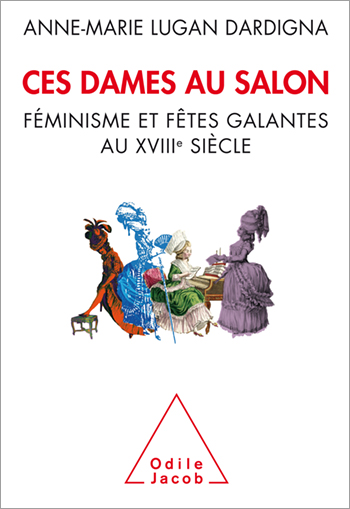
Anne-Marie Lugan Dardigna
Women of Literary Salon Feminism and the Literary Salon: Women in 18th-Century France
In France, the struggle for women’s rights is a very ancient one. In the 17th and 18th centuries it found expression in literary salons led by such famous figures as Madame de Tencin, Madame du Deffant, Madame Geoffrin and later by Madame du Châtelet and Madame d’Epinay.
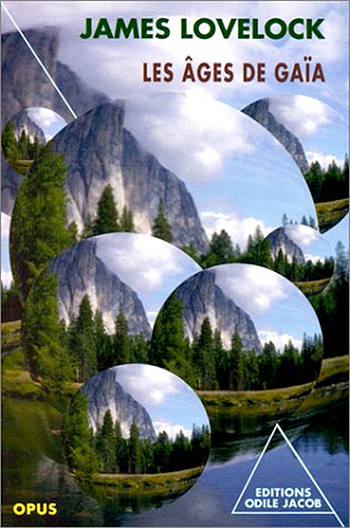
James Lovelock
The Ages of Gaia A Biography of Our Living Earth
The fascinating, controversial and most-worshipped hypothesis of ecologists - that of considering the Earth as the biggest living organism, referred to as Gaïa. It is here discussed by its inventor in person, who shows us that if our planet hasn't always had the same face, it's because there have been several ages corresponding to the predominance of very different species. In three centuries, humanity has wrought more modifications to the face of Gaïa than natural evolution did in millions of years. Although he does not doubt that the Earth, today turned completely upside-down by industrial activities, will find a new equilibrium, he does suppose that it could at the price of the disappearance of man, whose reign represents only one of the ages of Gaïa. Born in 1919, James Lovelock is the author of The Gaïa Hypothesis, a book which shook up the scientific world in the beginning of the seventies and met with great public acclaim.

Alain Louyot
The Future of the Press
The first investigation and assessment of its kind, in order to propose a viable new business model for the press. An analysis of current mutations in the press around the world, and of their good and bad consequences for readers.
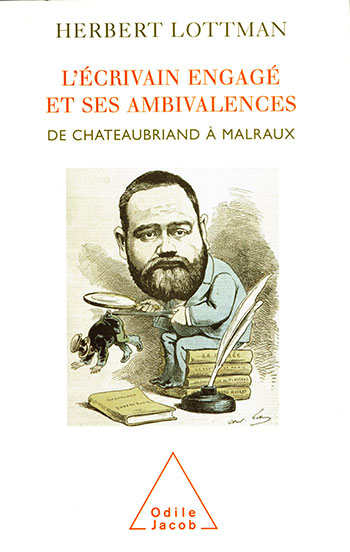
Herbert Lottman
The Committed Writer and his Ambivalences From Chateaubriand to Malraux
By definition, a committed writer is a well-known one who puts the respect and admiration his name has accrued in the service of a cause. But is it really that simple? Is political commitment only a matter of principles? Isnt it also driven by a quest for celebrity? Described here are the stratagems adopted by some of the greatest figures in the French literary pantheon of the nineteenth and twentieth centuries, as they faltered between a quest for purity and the desire for personal glory. Herbert Lottman is a renowned biographer.
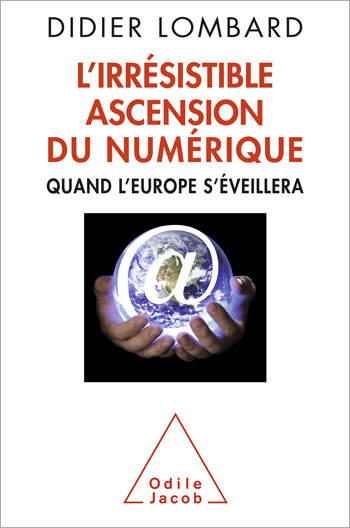
Didier Lombard
The Irresistible Ascension Of Digital Europe and the rest of the world
What are Europe’s advantages in the digital race against Asia and the U.S.? And what is at stake?

